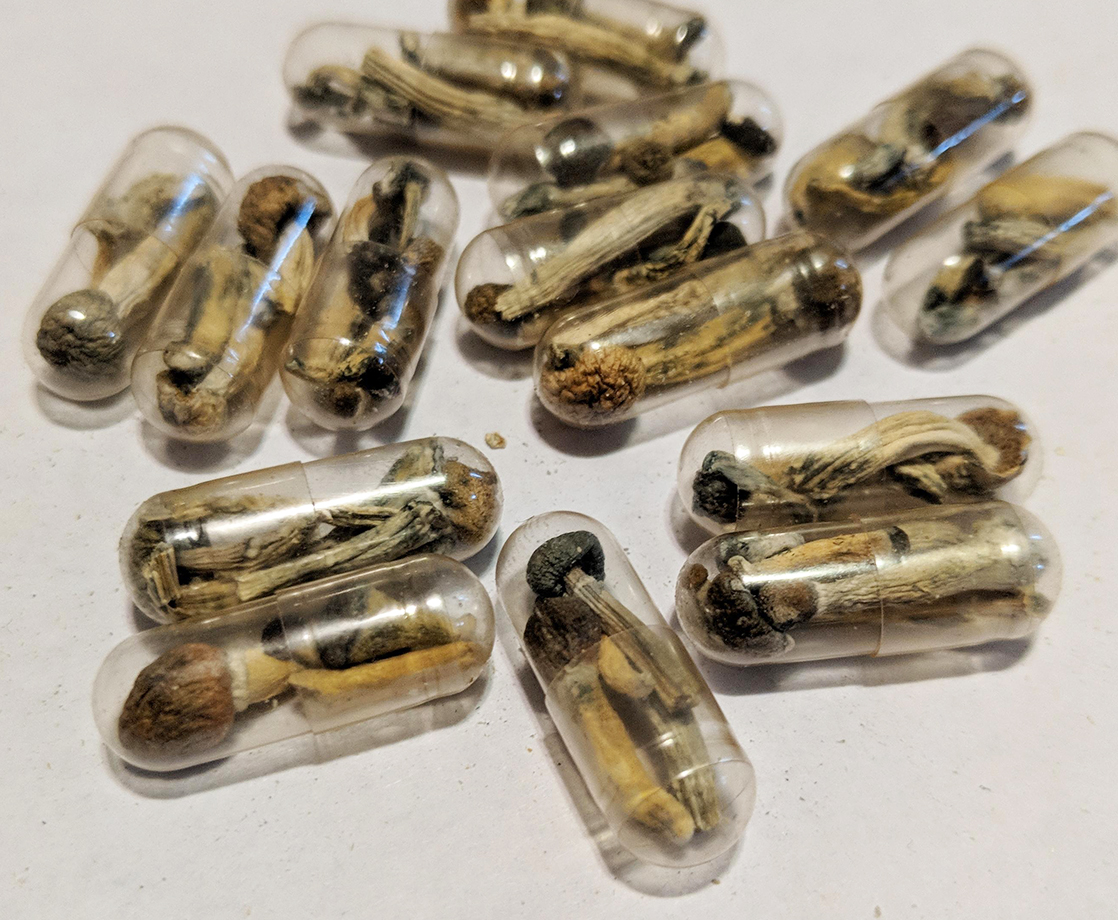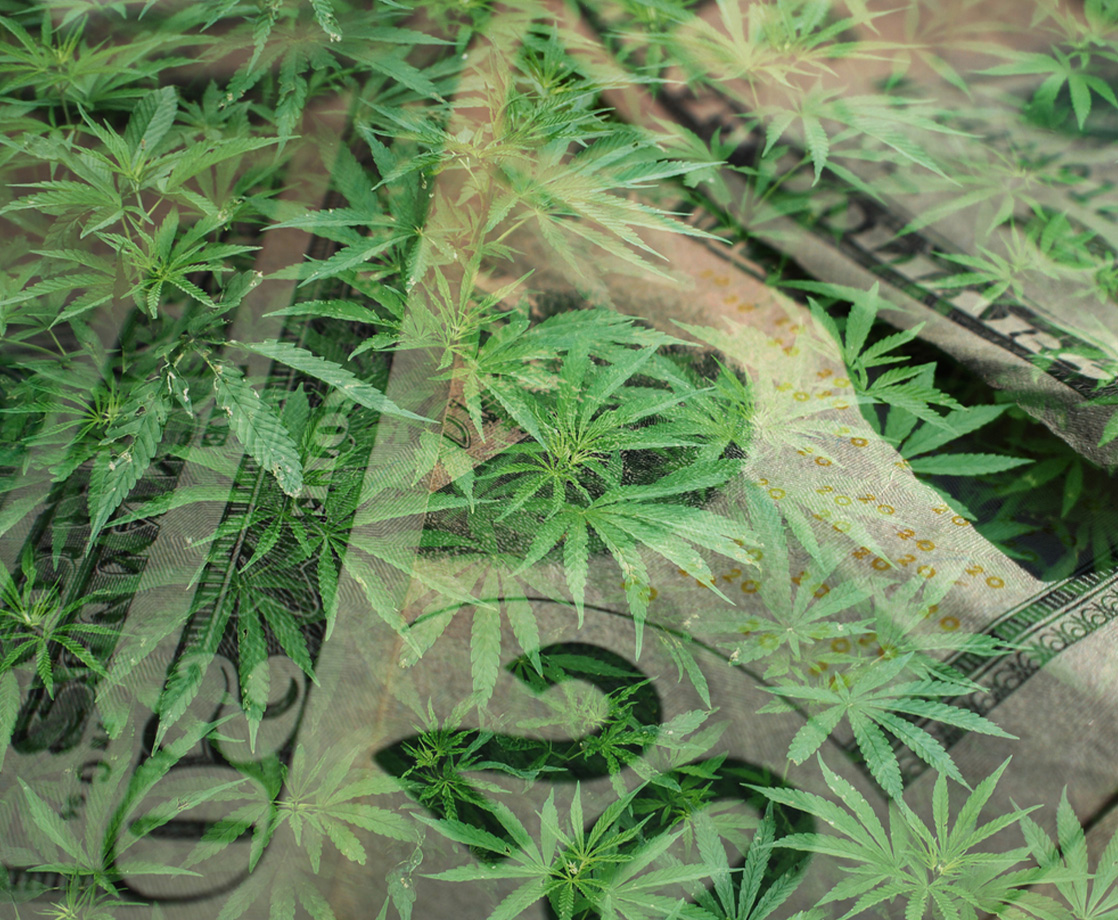There’s a pill for just about everything these days. Soon, we may be seeing a pill for depression made from psilocybin, the psychedelic component of magic mushrooms.
On Monday, the UK pharmaceutical company COMPASS Pathways announced that it received a US patent for a “preparation of psilocybin” designed to control treatment-resistant depression. According to the World Health Organization, over 264 million people worldwide suffer from depression. Half of all suicides involve individuals who were depressed, as well.
“Too many people are suffering with treatment-resistant depression,” said COMPASS CEO and co-founder George Goldsmith in a press release. “We are committed to developing innovations, such as psilocybin therapy, to address this rapidly growing problem.”
Last year, COMPASS became the first organization to receive a fast-track designation from the US FDA, a special program that expedites the FDA approval process. Drugs can only receive fast-track designation if they (1) have clinical data supporting that they work, and (2) will be used for conditions that traditionally resist conventional therapies.
Currently, COMPASS’s psilocybin pill is undergoing Phase II clinical trials, which have already shown that psilocybin is incredibly safe to administer to human patients. If the trials are successful, the drug enters Phase III. If it clears Phase III, it qualifies for final FDA approval.
“Patents help ensure sustainable funding to conduct the highest quality clinical research to bring the best new therapies to patients who urgently need them,” Goldsmith said. “If this research demonstrates psilocybin therapy is a safe and effective option for patients, we will price it responsibly with the goal of making it as affordable and accessible as possible.”
Besides treating depression, studies suggest psilocybin could also treat drug and alcohol addiction and PTSD. It could also revive people from comas, though that research is still in its infancy.
While psilocybin is the active psychedelic component of magic mushrooms, it’s likely not the only psychoactive substance found in the fungus. Other alkaloids, terpenoids, and flavonoids in shrooms may contribute to their intoxicating effects, as well, but science is still sorting that out.
Follow Randy Robinson on Twitter











